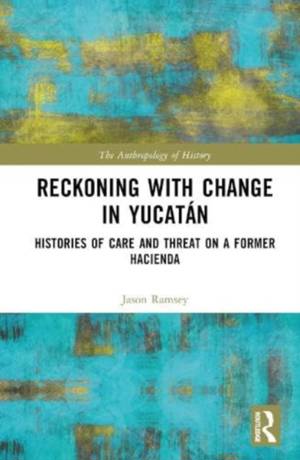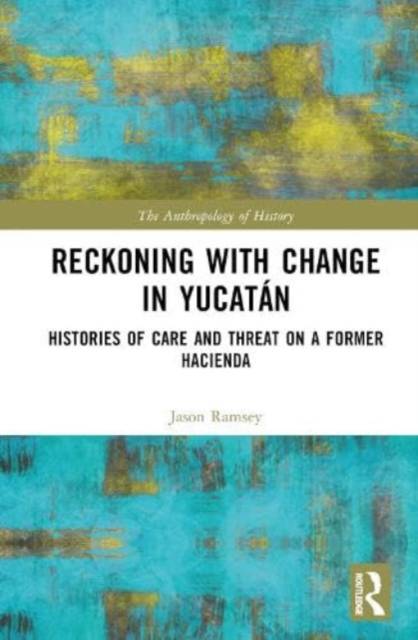
- Retrait gratuit dans votre magasin Club
- 7.000.000 titres dans notre catalogue
- Payer en toute sécurité
- Toujours un magasin près de chez vous
- Retrait gratuit dans votre magasin Club
- 7.000.0000 titres dans notre catalogue
- Payer en toute sécurité
- Toujours un magasin près de chez vous
Description
Reckoning with Change in Yucatán engages with how best to look upon and respond to change, arguing that this debate is an important arena for negotiating local belonging and a force of transformation in its own right. For residents of Chunchucmil, a historic rural community in Yucatán, Mexico, history is anything but straightforward. Living in what is both a defunct 19th-century hacienda estate and a vibrant Catholic pilgrimage site, Chunchucmileños reckon past, present, and future in radically different ways. For example, while some use the aging estate buildings to weave a history of economic decline and push for revitalization by hotel developers, others highlight the growing fame of the Virgin of the Rosary in the attached church and vow to defend the site from developer interference. By exploring how past and future are channeled through changing built environments, landscapes, sacred relics, and legal documents, this ethnographic study details how the politics of change provide Chunchucmileños with a common language for debating commitments to place and each another in the present. Against Western notions of 'History' as a relatively coherent account of change, the book suggests we reframe it as an ongoing performance that is always fractured, democratic, and morally tinged.
Spécifications
Parties prenantes
- Auteur(s) :
- Editeur:
Contenu
- Nombre de pages :
- 240
- Langue:
- Anglais
- Collection :
Caractéristiques
- EAN:
- 9780367253660
- Date de parution :
- 30-11-23
- Format:
- Livre relié
- Format numérique:
- Genaaid
- Dimensions :
- 156 mm x 233 mm
- Poids :
- 879 g

Les avis
Nous publions uniquement les avis qui respectent les conditions requises. Consultez nos conditions pour les avis.






